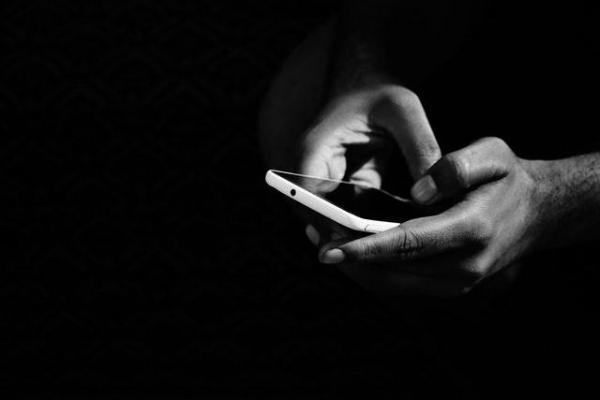During the Covid-19 crisis, the rate of misinformation and cybercrime has proliferated.
Whether it’s inaccurate social media posts claiming the virus can be cured by gargling water or criminals preying on vulnerable people via bogus emails and texts, many of us will have encountered false and potentially dangerous advice and information over the past few months, only serving to exacerbate fear and worry in a time of already heightened anxiety.
But fortunately there are key ways to stay protected, secure and informed. Here are some mportant tips to put in practice…
With evidence of people receiving false ‘fines’ from the Government via text, it’s important to know how to identify suspicious correspondence.
Banks and police will never ask somebody to transfer funds, nor will they ask for full banking passwords or a pin. Always take a moment to assess what’s in front you before divulging information.
Typos and mistakes are common in fraudulent emails and you can always contact an organisation via an official, publicly available email address or phone number to check what is legitimate.
READ ALSO:Â Why employers are snubbing your Curriculum Vitae (CV) without even having a read
Update your operating systems
To help protect your devices from dangerous malware, spyware and other cybercrime, ensure you have the latest software, apps, operating systems and security systems across all your devices.
Never click a link from an unknown source
Even if it might seem harmless, it could be a phishing email. If it looks like you know the sender, speak to them on the phone first to ensure it is safe.
Verify any medical advice
In a time of heightened fear, it’s natural for people to want to do what they can to protect their health, but unsubstantiated theories and treatments have rapidly spread. One widely-shared theory even (falsely) suggested that the ability to hold your breath comfortably for at least 10 seconds meant you were free from the virus.
Safe medical advice should always be confirmed by the health service.
READ ALSO:Â 10 signs your partner is getting too close to your friend
Source: independent.co.uk





